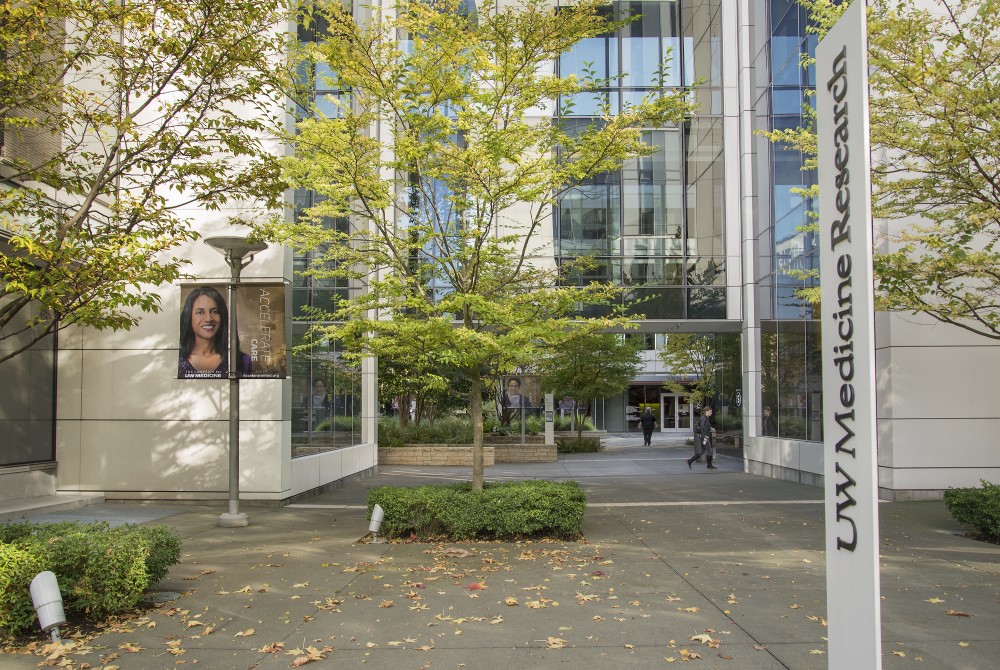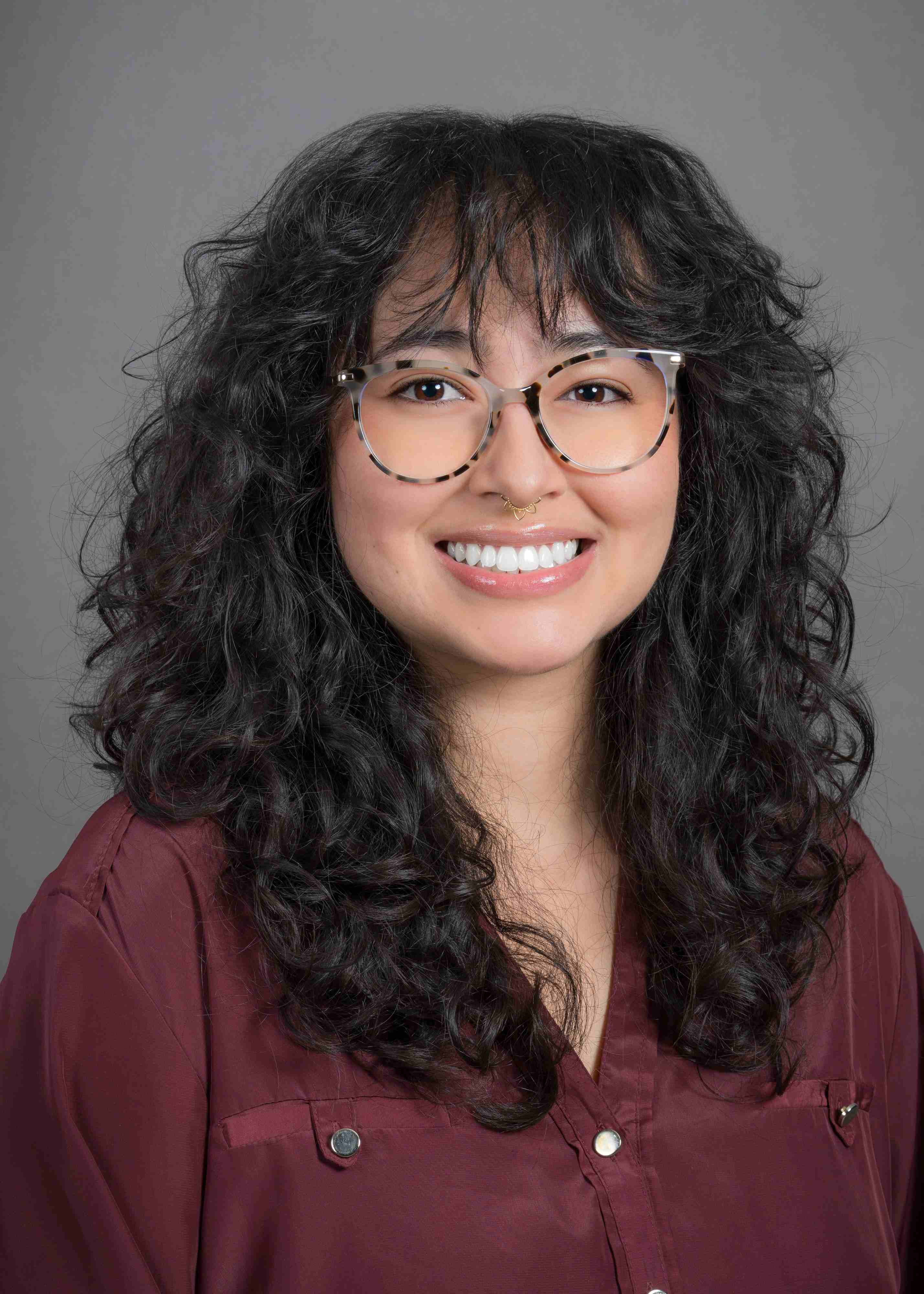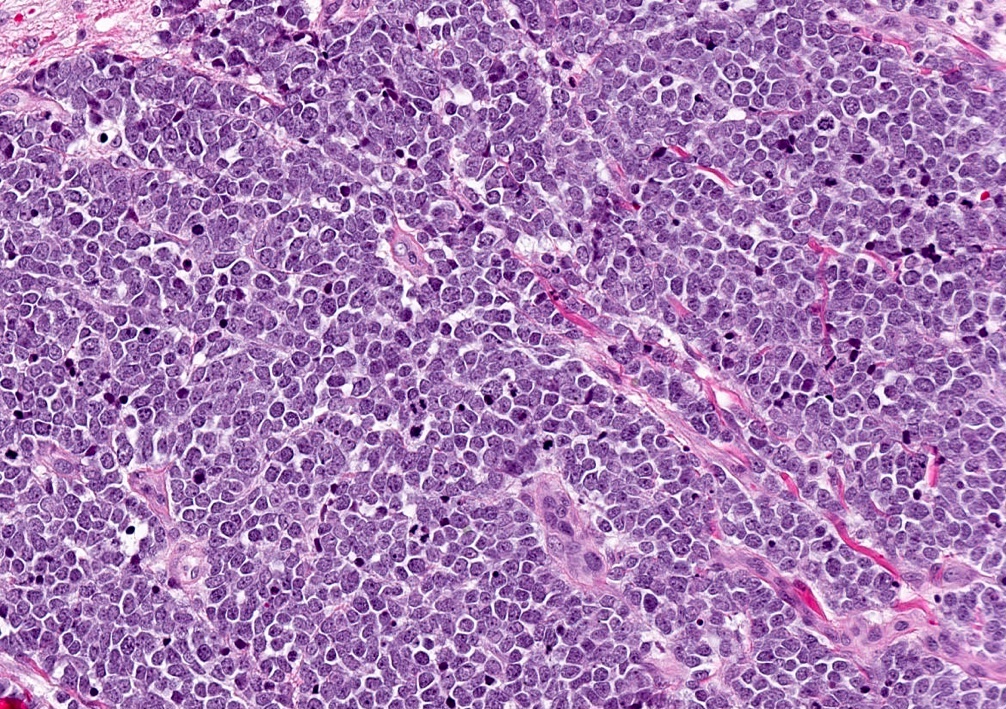UW & Fred Hutch Research Teams Publish Findings on MCC Immunology
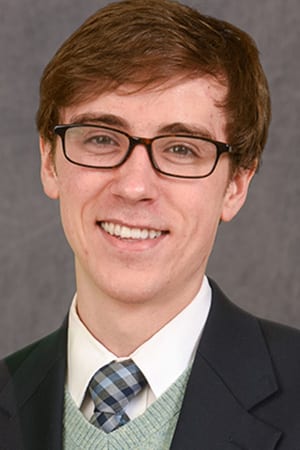
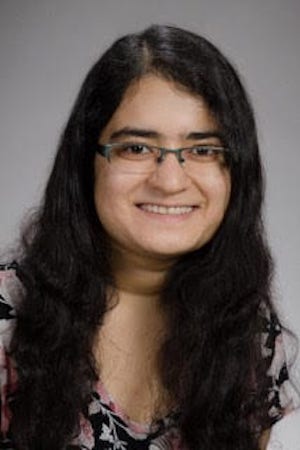
In two new studies published this month in Cell Reports Medicine, scientists from the UW School of Medicine and Fred Hutchinson Cancer Center have found that the presence of cancer-fighting immune cells in a patient’s blood to be the best predictor of whether Merkel cell carcinoma (MCC) tumors will respond to immune checkpoint inhibitors.
Immune checkpoint inhibitors (ICI) help release molecular brakes that allow cancer-killing immune cells to fight MCC. The findings are a step toward the development of a clinical test that could someday guide MCC treatment.
Read the Full Story from Hutch News
Read a Summary at Accelerating Cancer Immunotherapy Research (ACIR)
In the first study led by Fred Hutch immunologist Evan Newell, PhD, and postdoctoral fellow Dr. Heeju Ryu assessed CD8 T cell markers in pre-treatment blood and linked to patient outcomes. Specifically, the authors found that responders had CD8 T cells with increased expression of CD39 (activation marker) and CLA (skin homing marker). This suggests that patients with antigen experienced CD8 T cells are more likely to respond to ICI.
The second study co-led by Nghiem Lab scientists and MD/PhD students Saumya Jani and Thomas Pulliam also involved the study of baseline CD8 T cell characteristics. They found that patients who had higher frequencies of Merkel polyomavirus specific (MCPyV, the virus that drives most MCC tumors) CD8 T cells in their blood before initiation of therapy were much more likely to respond and stayed in response longer.

Scientists from the Nghiem Lab involved in this research include Paul Nghiem, MD, PhD, Saumya Jani, MD/PhD student, Thomas Pulliam, MD/PhD student, Candice Church, PhD, Senior Research Scientist, and Rima Kulikauskas, Senior Research Scientist.
Congratulations to both research teams on identifying this significant key to understanding which patients will respond to immune checkpoint inhibitors and insights into how we can help improve responses.




